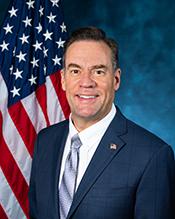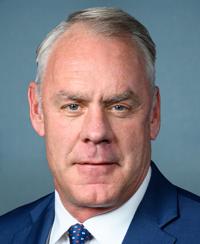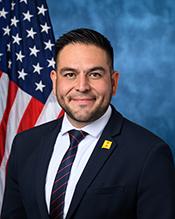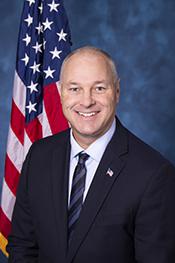0
Treating Tribes and Counties as Good Neighbors Act
2/5/2024, 11:45 AM
Summary of Bill HR 1450
Specifically, the bill requires tribal governments and county governments to enter into agreements outlining how they will work together on shared priorities. These agreements must address issues such as public safety, emergency response, and natural resource management. The bill also provides funding for training programs to help tribal and county officials better understand each other's perspectives and work together more effectively.
Overall, the Treating Tribes and Counties as Good Neighbors Act is designed to foster positive relationships between tribes and counties, leading to improved outcomes for both communities. By promoting cooperation and understanding, the bill aims to create a more harmonious and productive relationship between tribal and county governments.
Congressional Summary of HR 1450
Treating Tribes and Counties as Good Neighbors Act
This bill revises the Good Neighbor Authority program to modify the treatment of revenue from timber sale contracts under good neighbor agreements with the Department of Agriculture (USDA) and the Department of the Interior. (The Good Neighbor Authority permits USDA and Interior to enter into cooperative agreements or contracts with states, counties, and Indian tribes to perform forest, rangeland, and watershed restoration services on federal land managed by the Forest Service or the Bureau of Land Management.)
Specifically, the bill (1) requires Indian tribes and counties to retain revenue generated from timber sales under a good neighbor agreement; and (2) allows states, counties, and Indian tribes to use such revenue for authorized restoration projects on nonfederal lands under a good neighbor agreement. (Under current law, only a state is permitted to retain the revenues, and the revenues must be used for restoration projects on federal land.)
The bill also extends the Good Neighbor Authority program's expiration date to the end of FY2028; the program currently expires at the end of FY2023.





